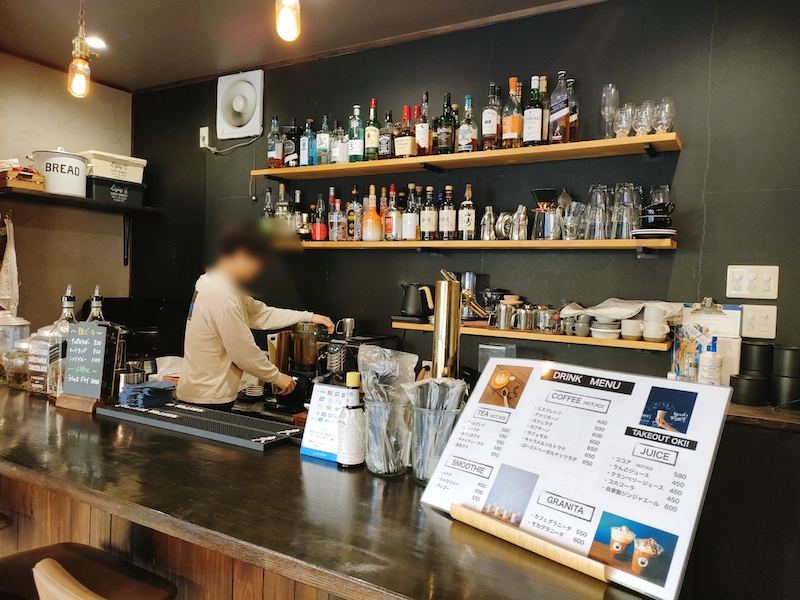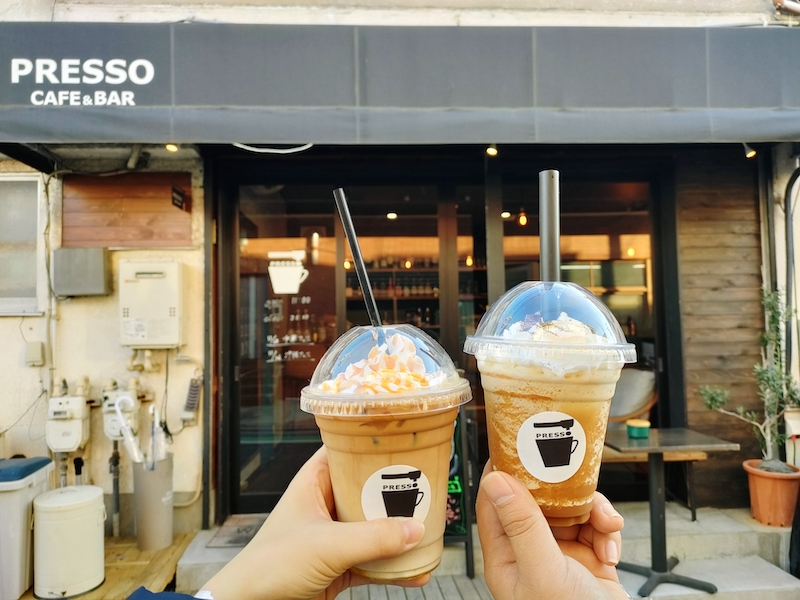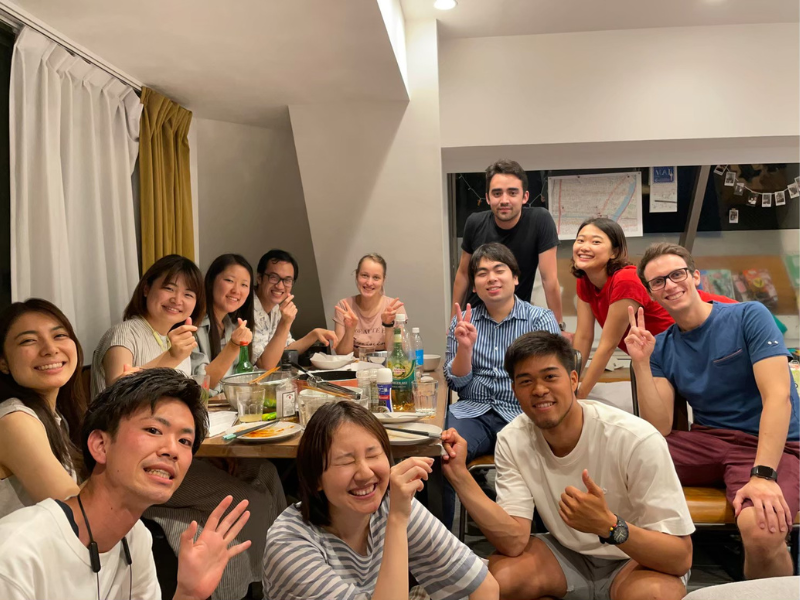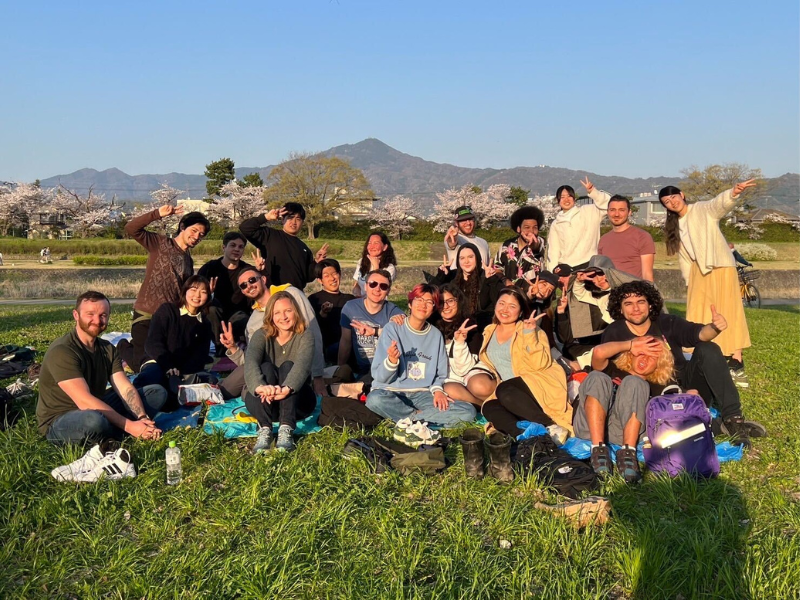Have you ever thought about what it’s like to live in a shared house? Some might feel it’s challenging to live under the same roof with people they’ve just met.
Today, we had a chat with Shoya, a resident of Machiya 1 House, managed by Borderless House. After two years of living there, Shoya now shares his room and has experienced the unique aspects of shared housing. What special insights and charms can someone like Shoya, who has lived alongside numerous housemates, share about this lifestyle? We’ll dive into his memorable experiences, tips for harmonious shared living, and words of encouragement for those considering this option.
Worries like “Will I lose my privacy in a shared house?” or
“What if there are conflicts among housemates?” is common.
If you have these concerns, please read on!
Fortuitous Find: My Serendipitous Choice of Machiya 1 House and the Joy It Brings
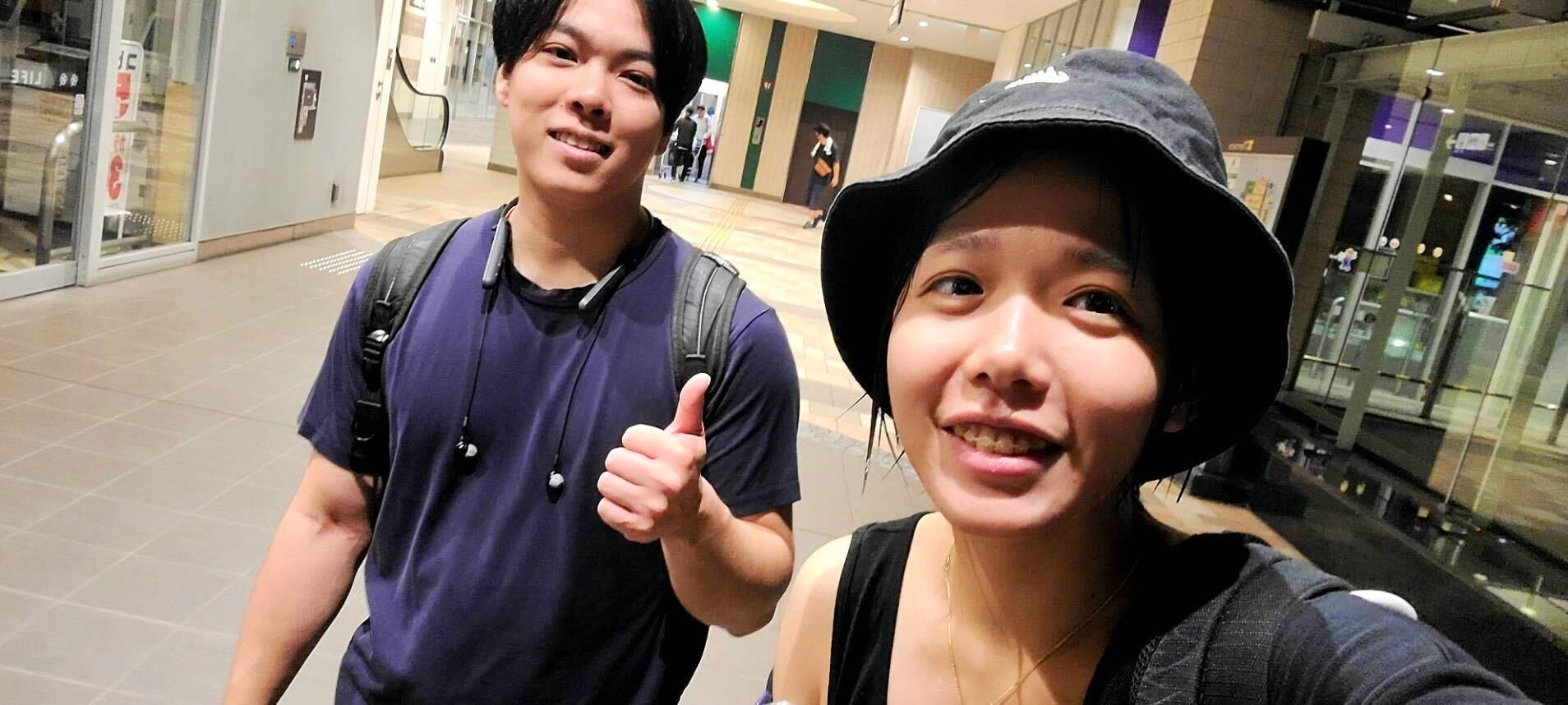
───Self-introduction!
I’m Shoya. Born in Japan, I moved to Argentina when I was very young and lived there for 20 years. Currently, I’m living in Machiya 1 House and working as a creator in the gaming industry.
───When did you return to Japan from Argentina?
I returned in September 2019. My childhood dream was to work in the gaming industry, so I wanted to study at a specialized school in Japan to hone my creative skills.
After coming back, I worked in a factory to save up for a PC. Initially, I self-taught game creation through YouTube videos. Coincidentally, I met an old acquaintance at my workplace who, learning about my ambition in gaming, recommended a school where I could learn game effects. I enrolled, graduated, and after a few job transitions, I now work in my current role.
I moved into Machiya 1 House in August 2021. Previously, I was living in Kanagawa Prefecture and decided to move to Borderless House when my lease was up.
───Did you initially consider living in a shared house?
No, I hadn’t thought about it at all at first. But when I needed to find a new place quickly, Borderless House stood out because of its affordable rent, great location, and the simple, smooth process for moving in. That’s what led me to choose it.
───Why did you pick Machiya 1 House specifically?
I actually had my eye on a different house initially, but there were no vacancies at that time. The staff recommended Machiya 1 House, so I went with it. In retrospect, I’m really happy with my choice. The housemates are wonderful, and its proximity to the train station makes commuting a breeze. It’s also a nice bonus that many of us here, myself included, are into anime and manga, which makes for great conversation. And the easy access to Akihabara is definitely a plus (laughs).
More Than Friends: The Unique Role of ‘Housemates
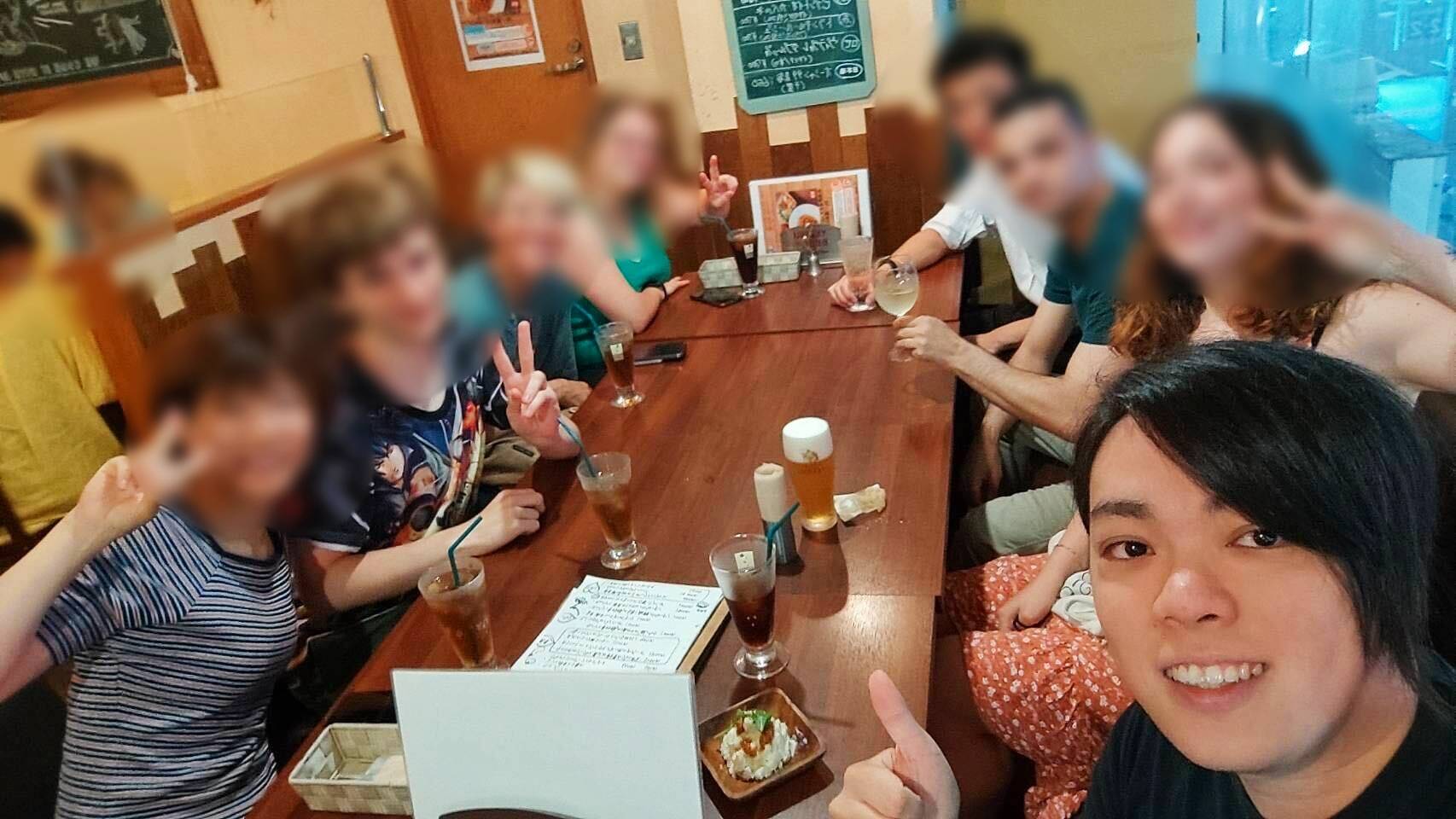 ───Who’s currently living in Machiya 1 House?
───Who’s currently living in Machiya 1 House?
At the moment, there are six of us – two Japanese residents, including myself, and four from abroad. I started off in a single room but have since moved into a double. My American roommate is studying at a Japanese language school and works part-time as an English teacher.
───Did you have any hesitations about moving into a shared room?
I wasn’t really hesitant, but as someone who stays up late, I was concerned about possibly disturbing my roommate with noise at night. Once we started sharing the room, we made a point of checking in with each other, like asking, “Did you sleep okay?” or “Was I too loud?” This has helped us live together without any issues.
───Were you nervous about living with people from different countries?
No, the fact that they were from different countries wasn’t a source of worry for me. I think relationships are more about individual personalities than differences in nationality or culture. Even among people from the same country, you find a variety of personalities.
───It sounds like creating cross-cultural relationships is a key part of Borderless House. What do housemates represent for you?
They’re more than just ‘friends’ – they’re unique connections I’ve found through living in Borderless House. Living together doesn’t automatically mean becoming close with everyone. Some housemates become friends whom I keep in contact with and go out with even after moving out, but not everyone. That’s just how human relationships work, I think.
Being a part of Borderless House has made me appreciate these ‘once-in-a-lifetime bonds’ that you can only experience in the moment.
Key to Harmony: Regular Check-ins and Stress-Free Communication
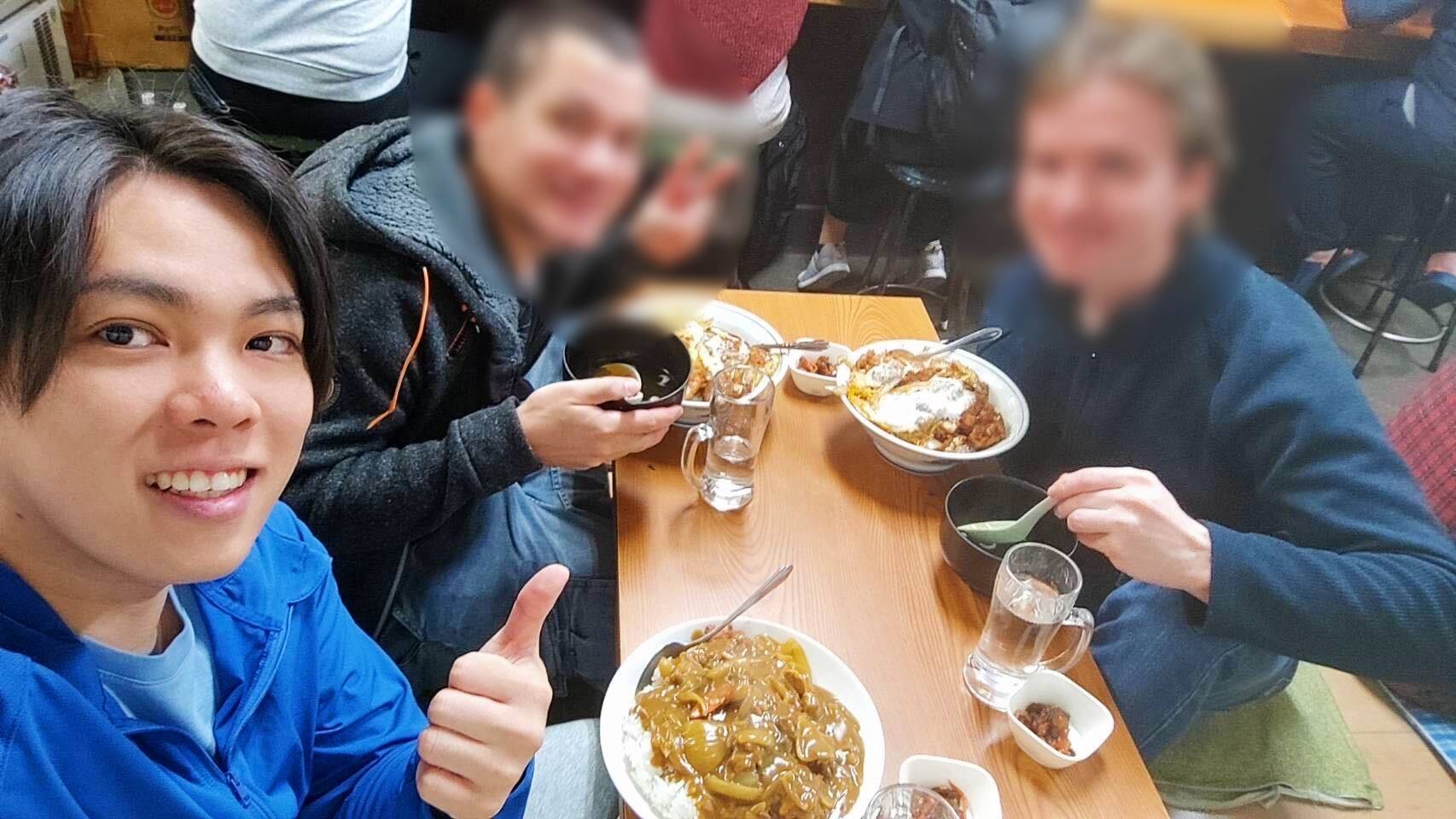
───What do you do to ensure a smooth living experience in the house?
I always make it a point to regularly check in with not just my roommate, but all my housemates. If I bump into someone in the living area, I’ll ask things like, “Is there anything you’re unhappy with?” or “Feel free to mention any concerns you have.” It’s simple, but this approach often leads to honest conversations about things like areas needing more cleaning, which I then share with everyone.
As the longest-standing resident now, I’ve learned to be more accommodating and instinctively think about how to make everyone’s life more comfortable. Neglecting even small chores can affect the whole house’s mood. I’m not a natural leader, but I believe it’s important to address little issues before they turn into big problems.
───How do you interact with new housemates?
I try to chat more during their first few days to help them settle in. But soon after, I let them know, “I actually spend quite a bit of time in my room, so don’t be concerned if you don’t see me much” (laughs).
I share about my lifestyle early on to ensure I’m comfortable too. It’s important for all of us to communicate and maintain a lifestyle that’s manageable and not overwhelming.
In Japan, people often use formal politeness, but I find being direct works better with international housemates. It leads to more straightforward and effective communication.
Anime Fans Rejoice: Machiya 1 House Might Be Your Perfect Match!
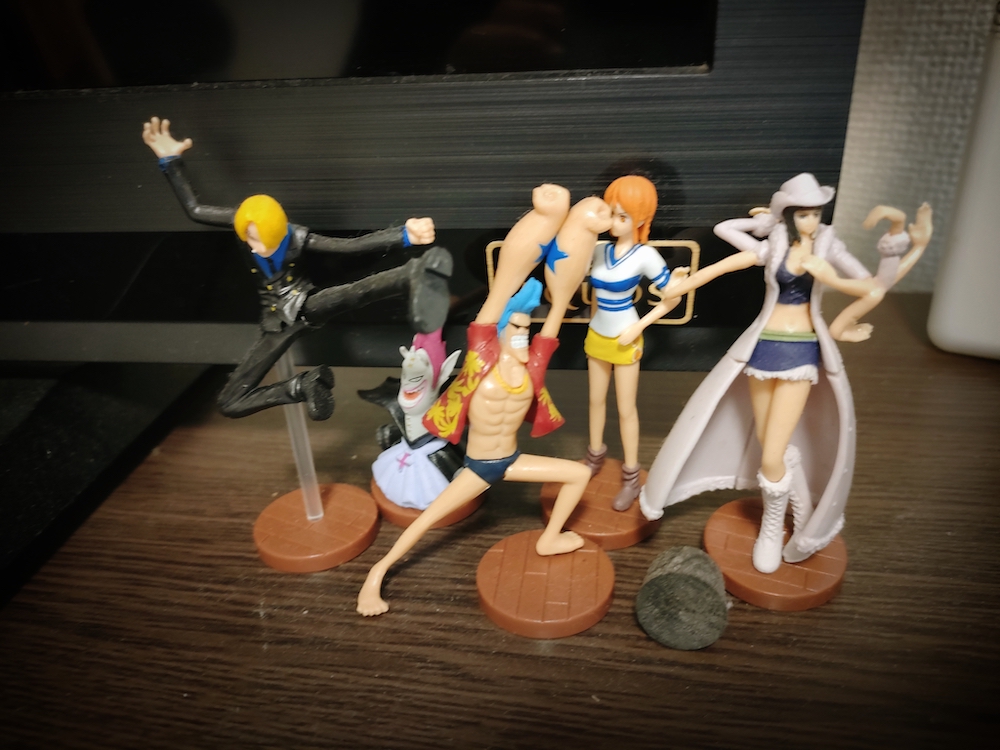 ───What type of person would enjoy living in Machiya 1 House?
───What type of person would enjoy living in Machiya 1 House?
We have a lot of people here who are into subcultures like anime and manga. Having shared interests really livens up conversations, and it can make learning languages more enjoyable too. That’s why I particularly recommend our house to fans of anime. I love practicing voice impressions of anime characters, so if you’re into that, we’ll definitely have a great time!
Many of us also value our personal space. Just because it’s a shared house doesn’t mean you need to share every aspect of your life. I appreciate this balance of social interaction and privacy. So, it’s a great fit for those who want a bit of both – community and personal time.
───Thanks for that. Could you share one of your favorite local food spots in Machiya?
There are plenty of affordable chain restaurants around Machiya, and I usually end up at fast food or family-style places (laughs). But I’ll recommend a Chinese restaurant known for its large servings, a gem introduced to me by a former housemate.
Details about Shoya’s Recommended Restaurant ‘Kouei-ken’>>
The restaurant offers not just a memorable dining experience but also leaves you satisfyingly full. If you’re ever in Machiya, it’s definitely worth checking out.
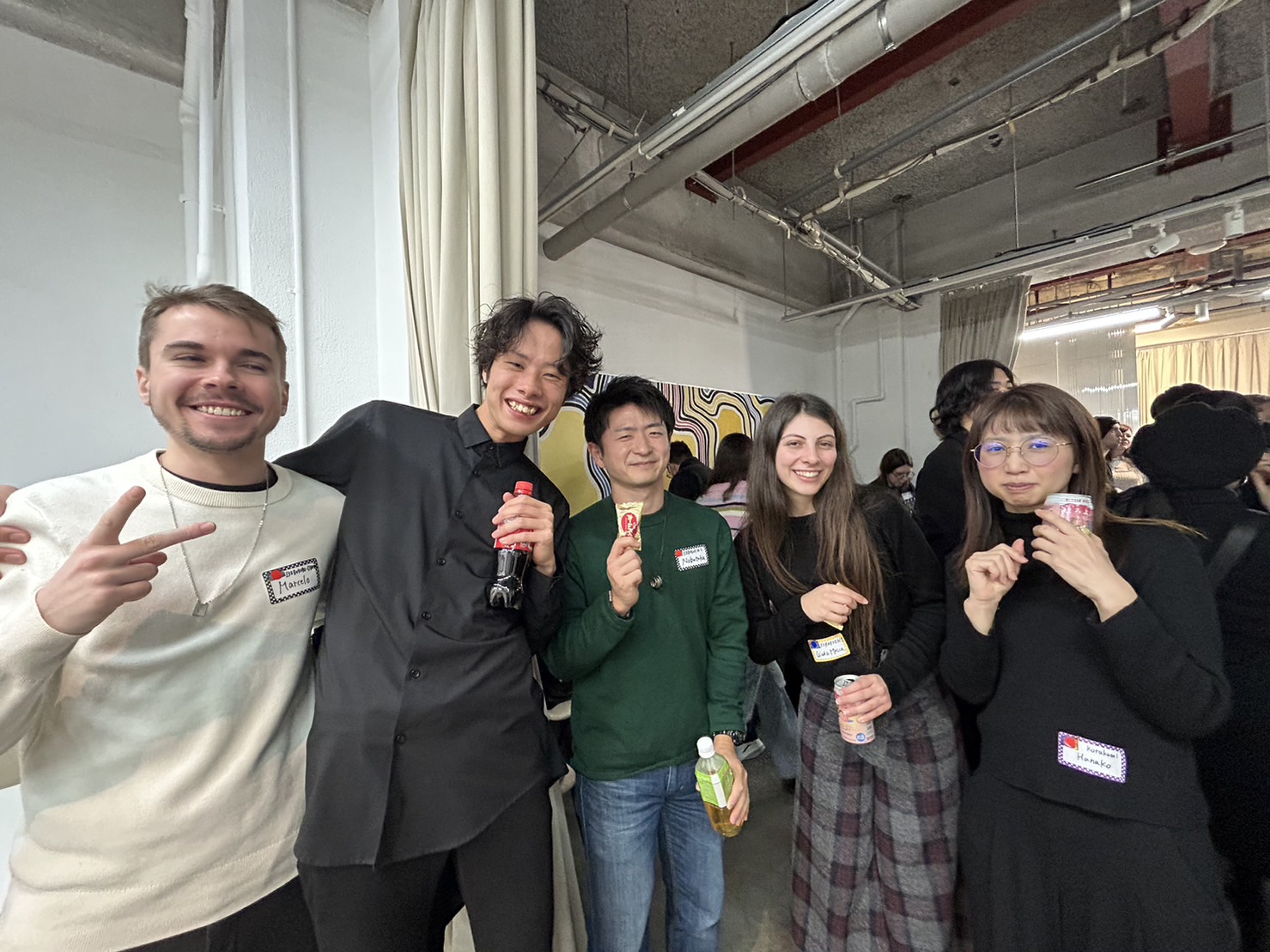
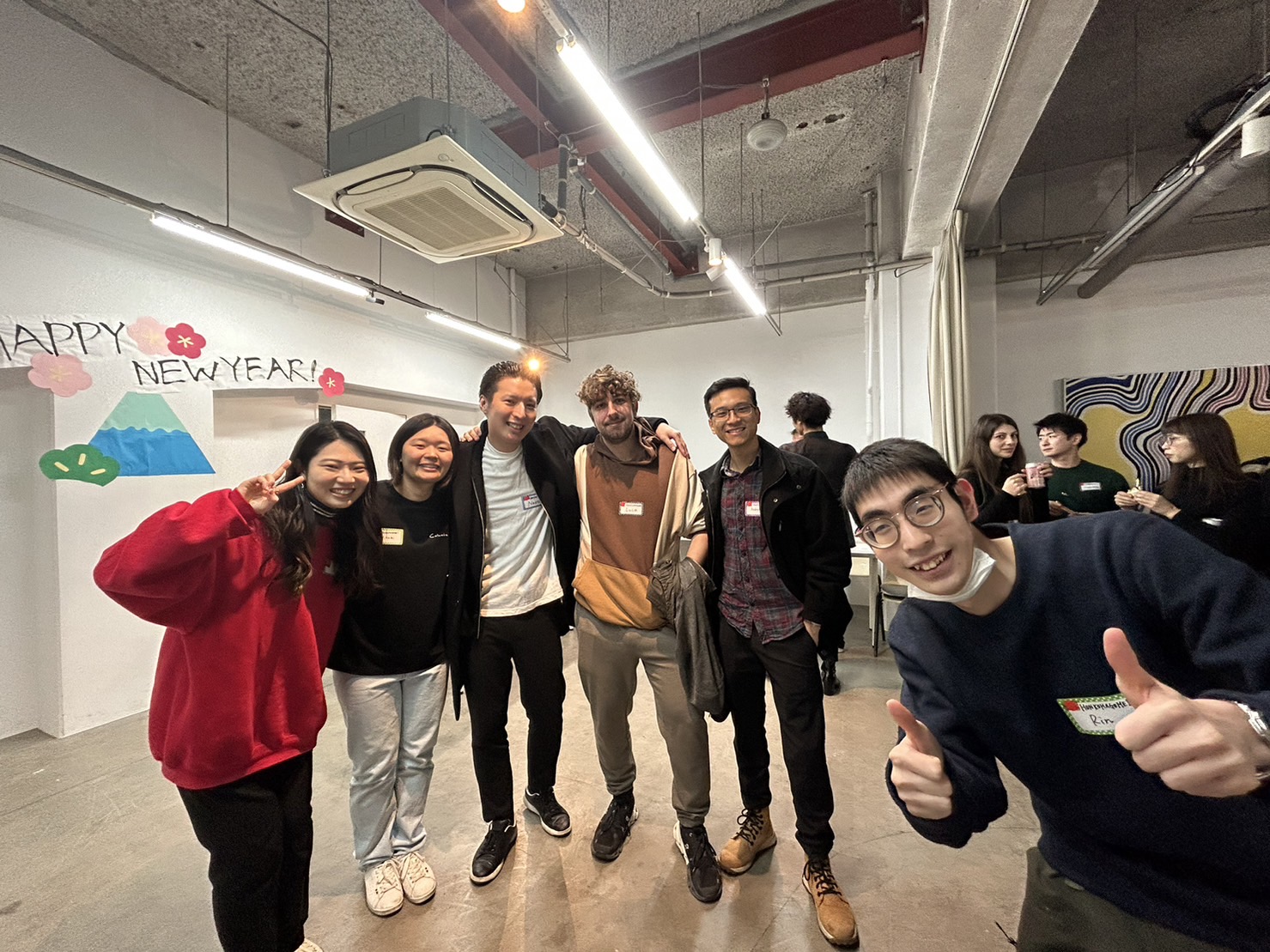
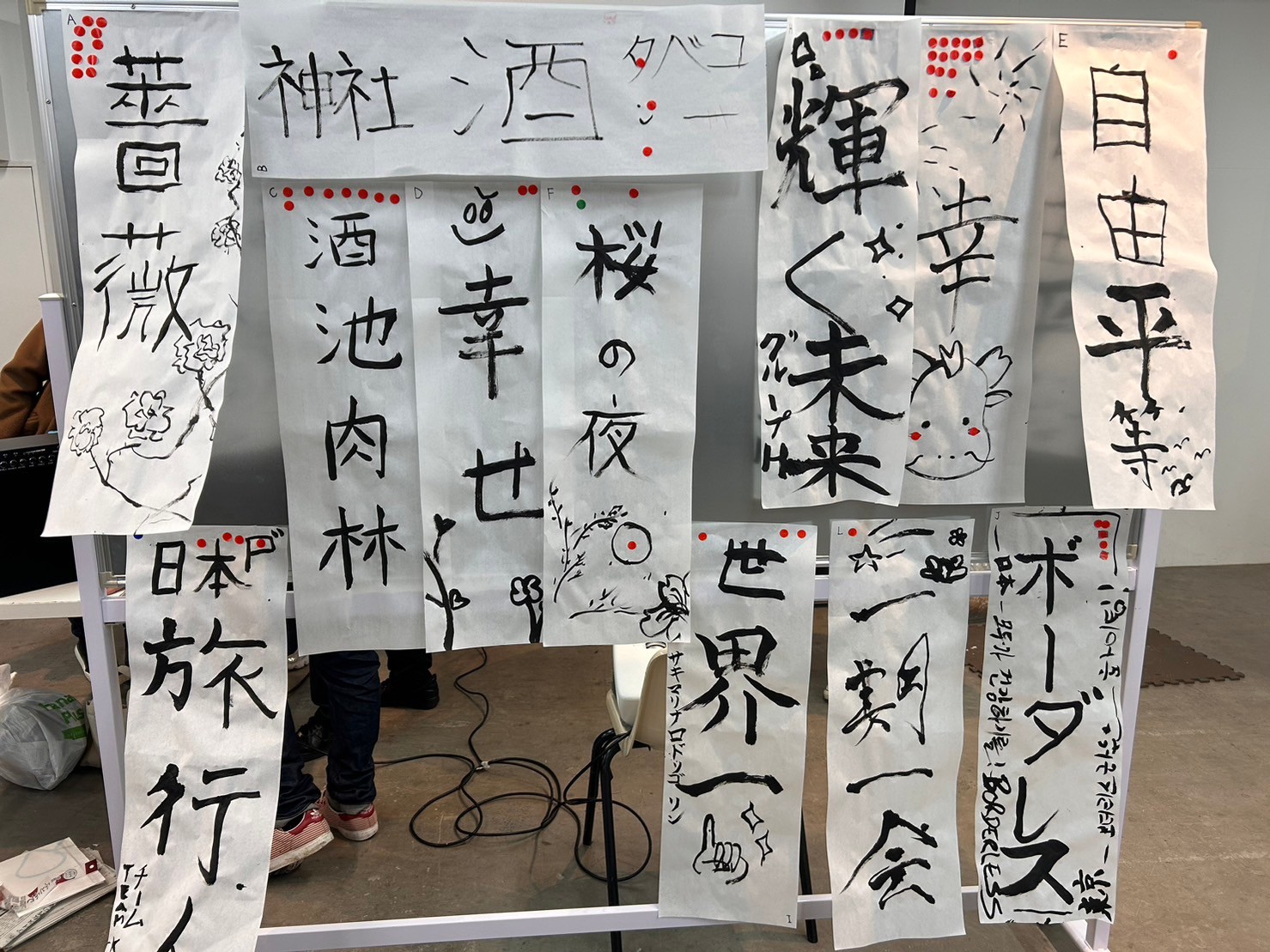
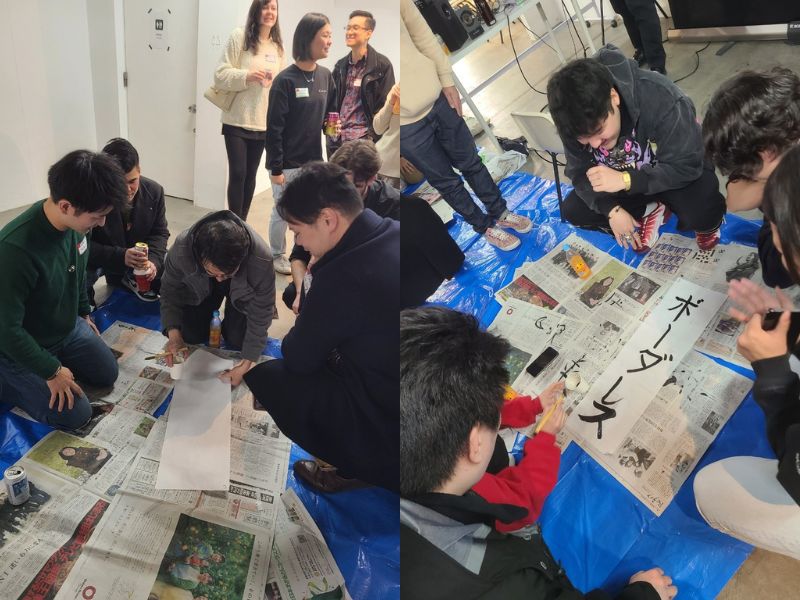
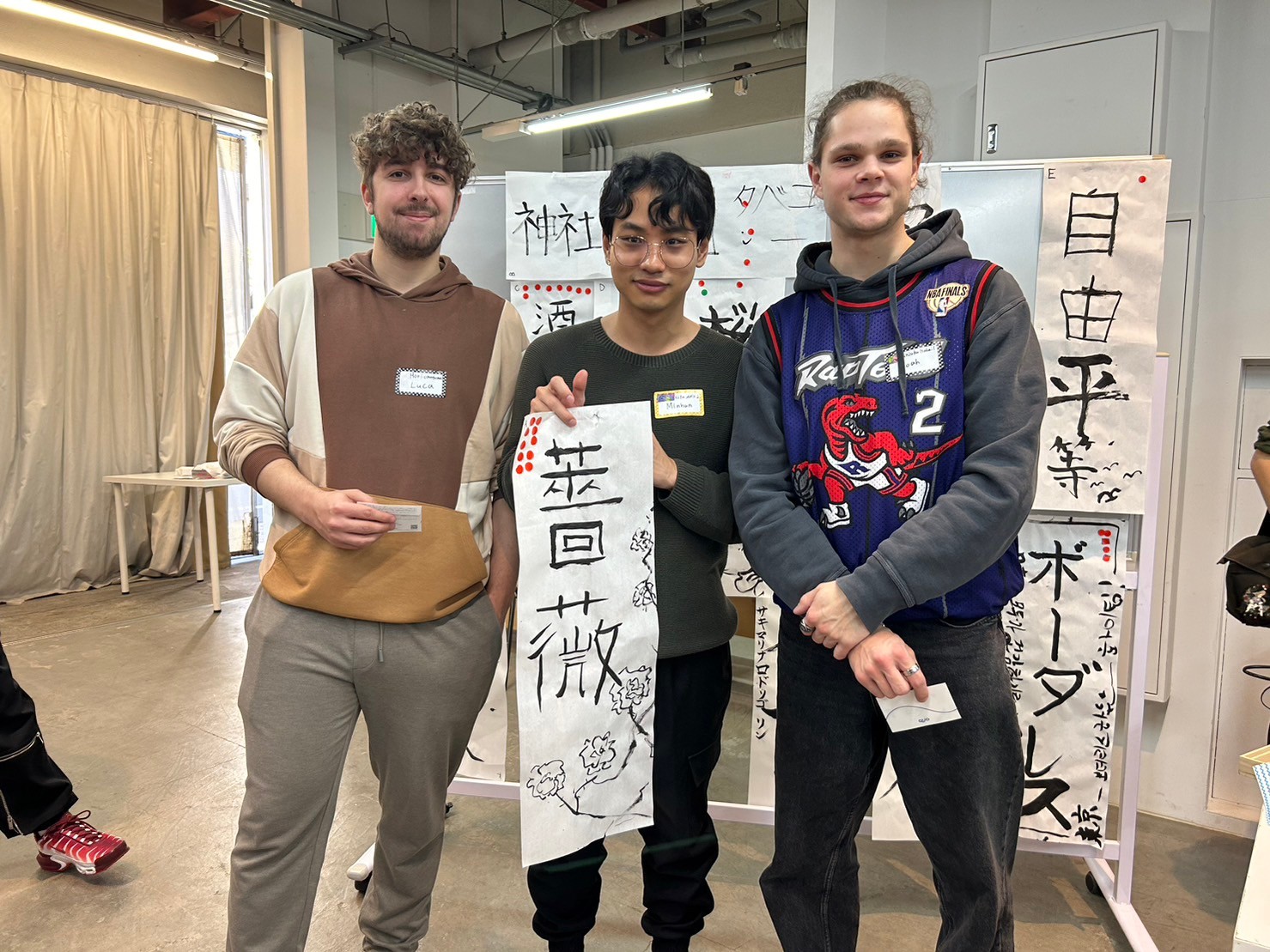
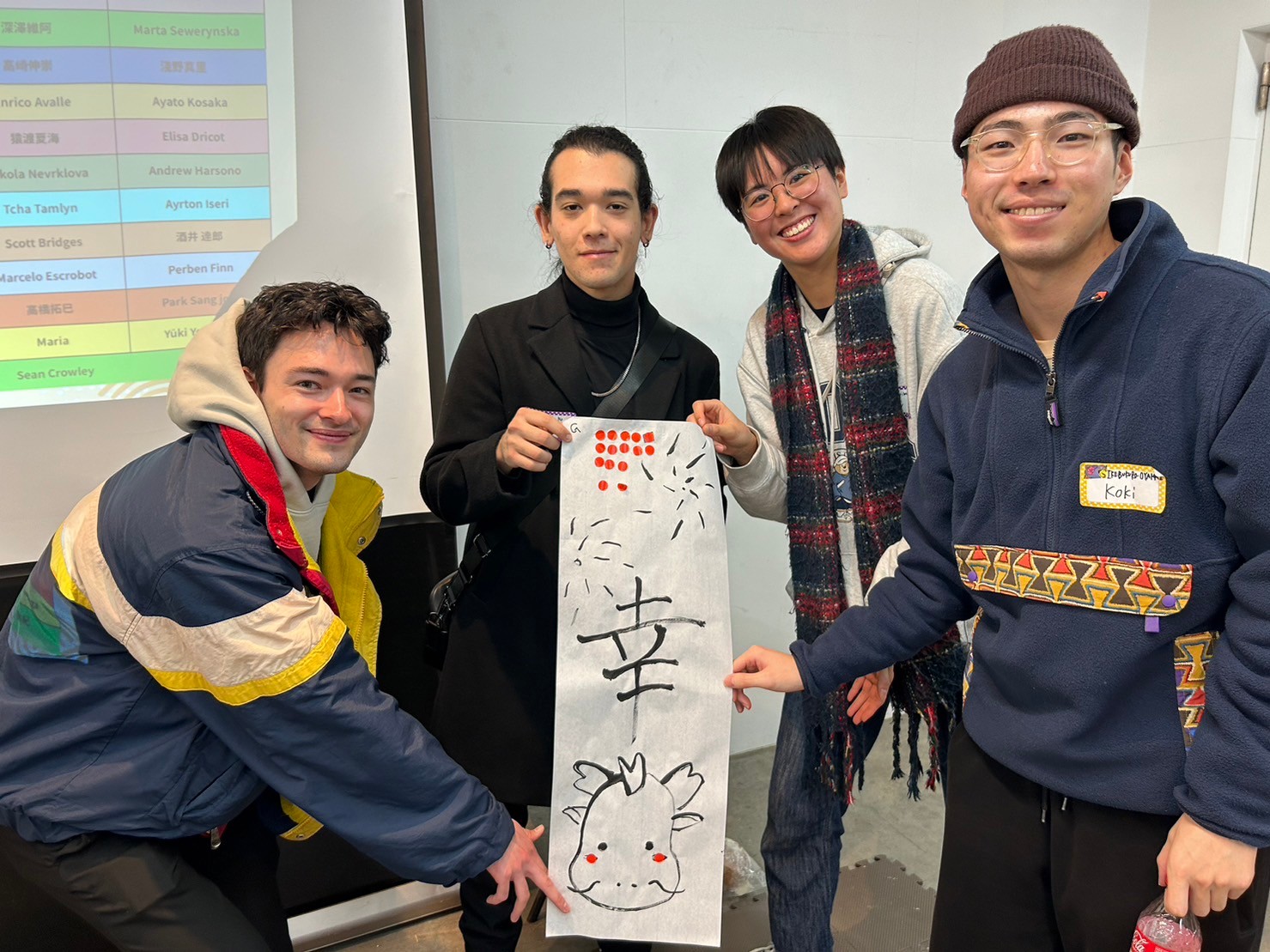
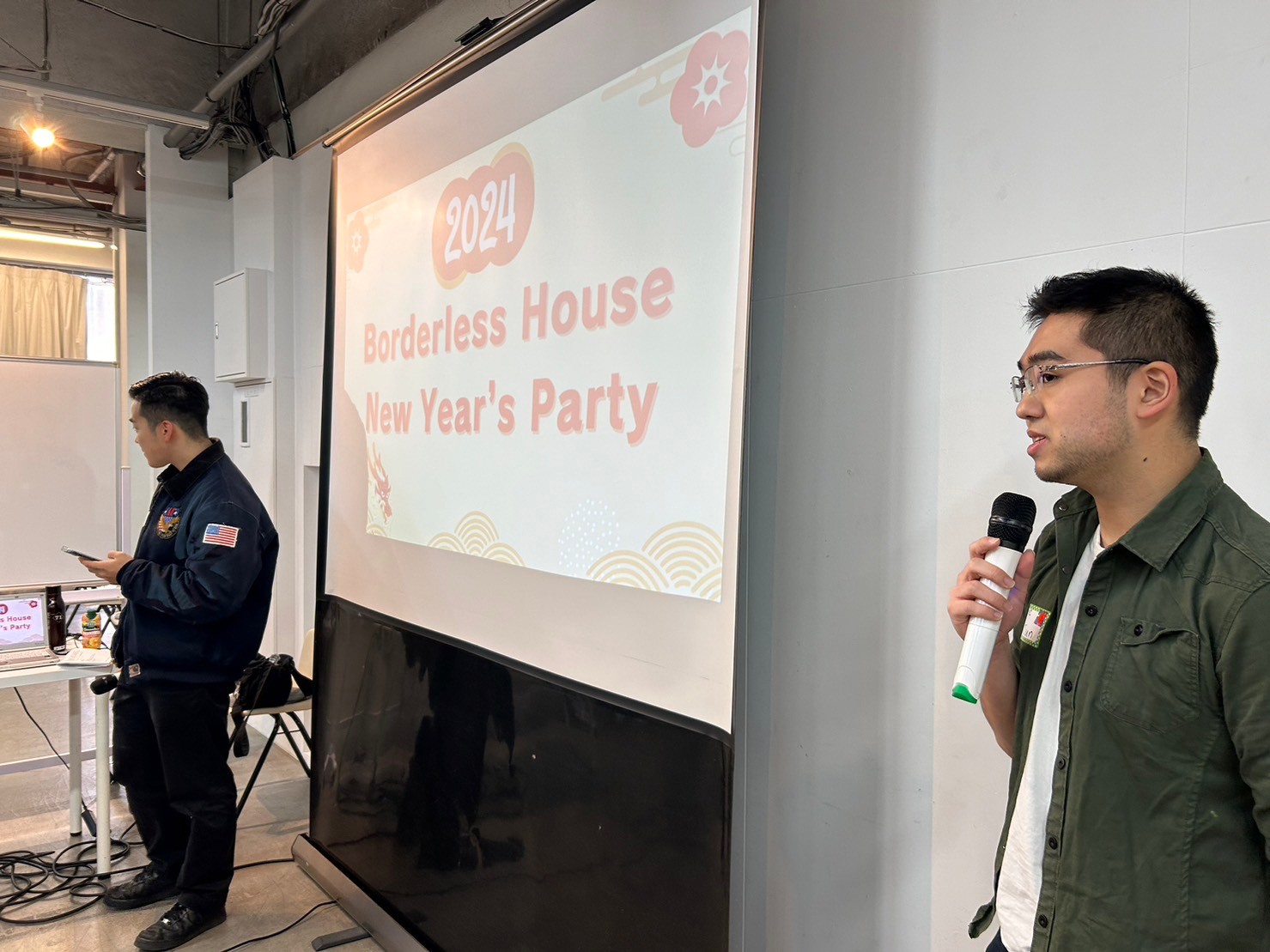
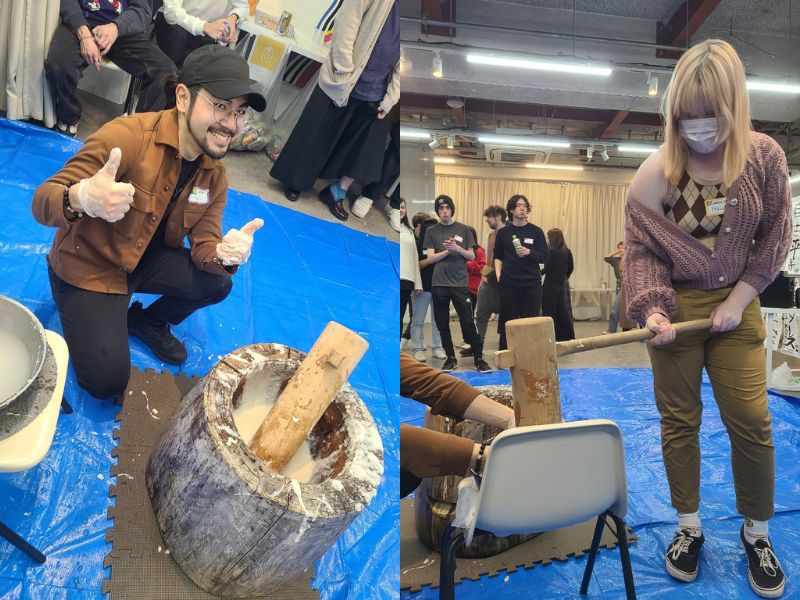
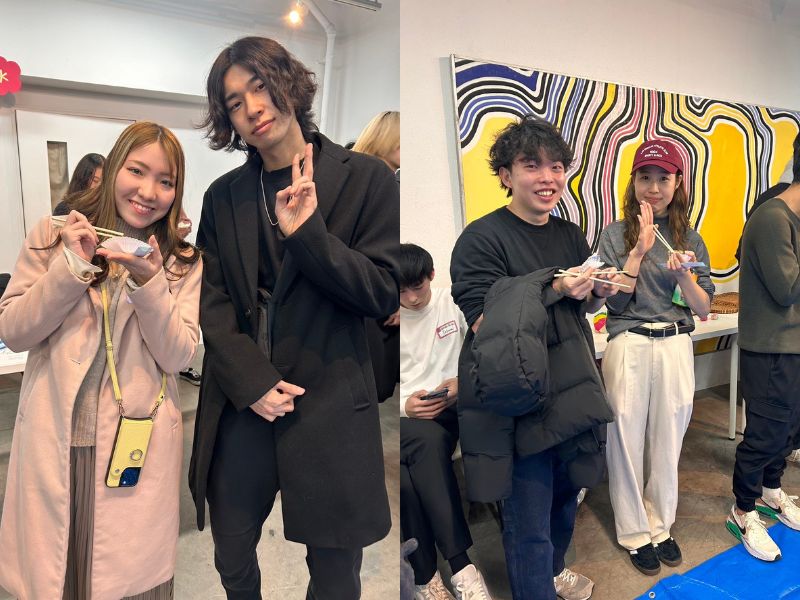
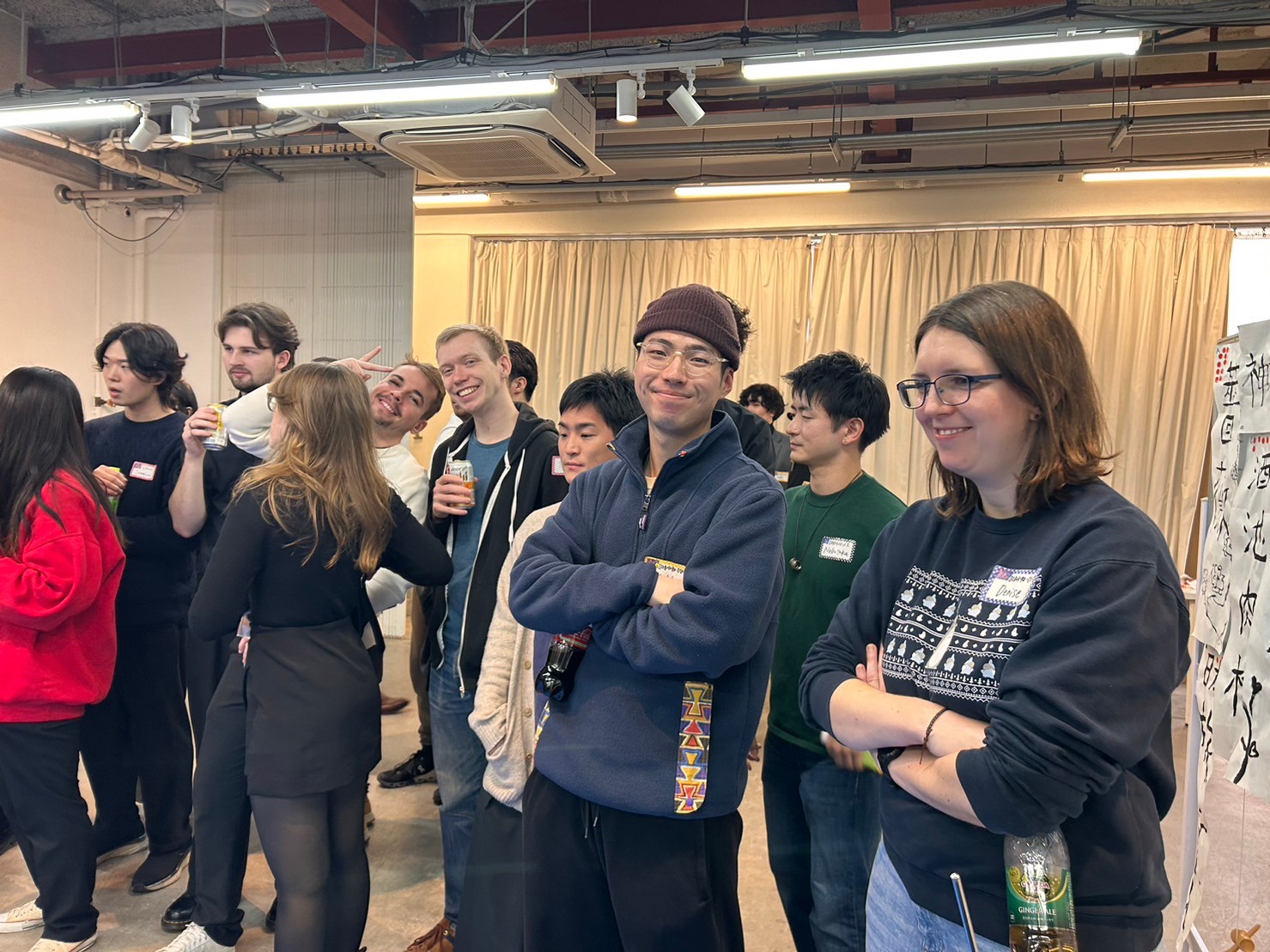
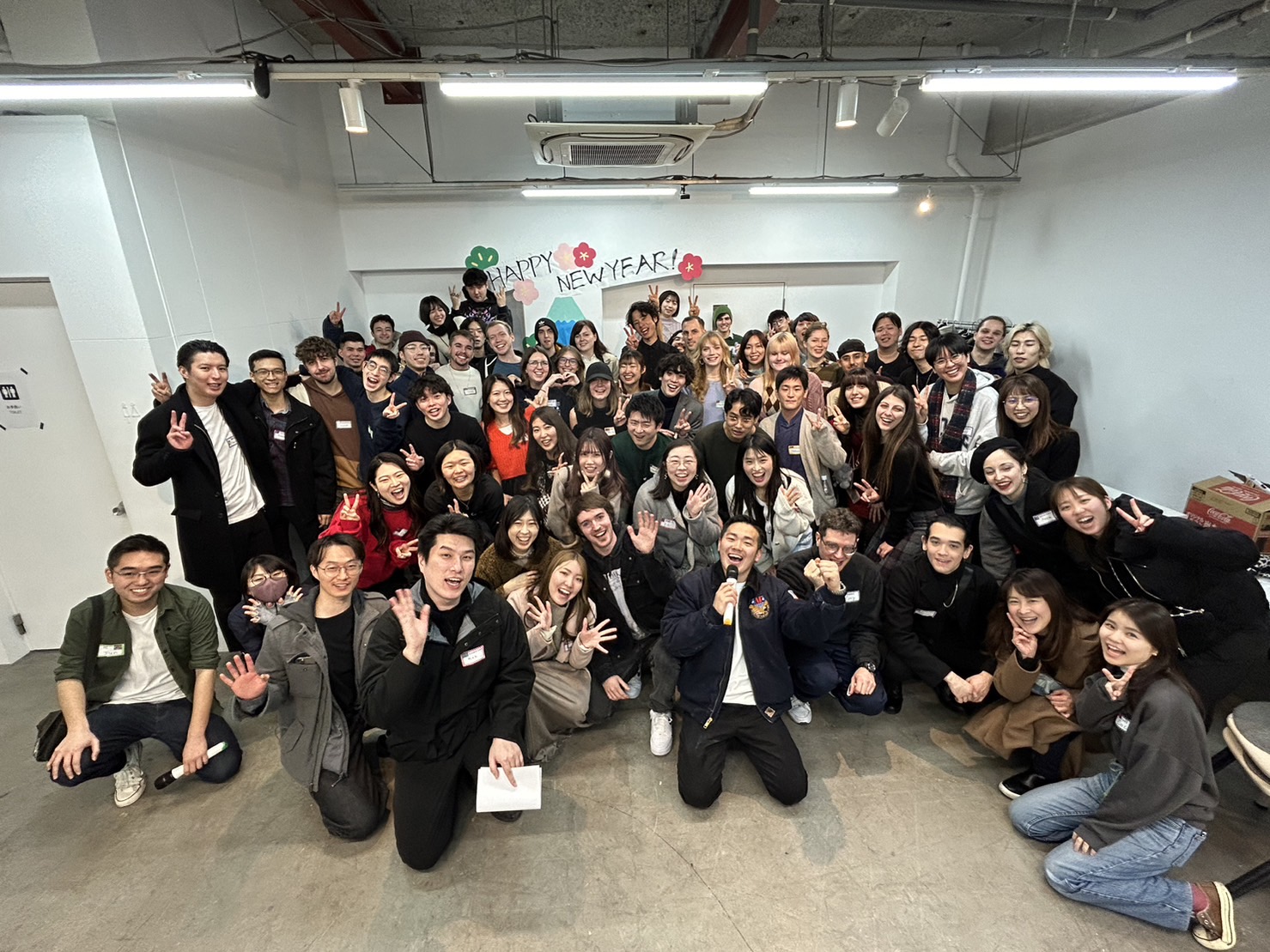




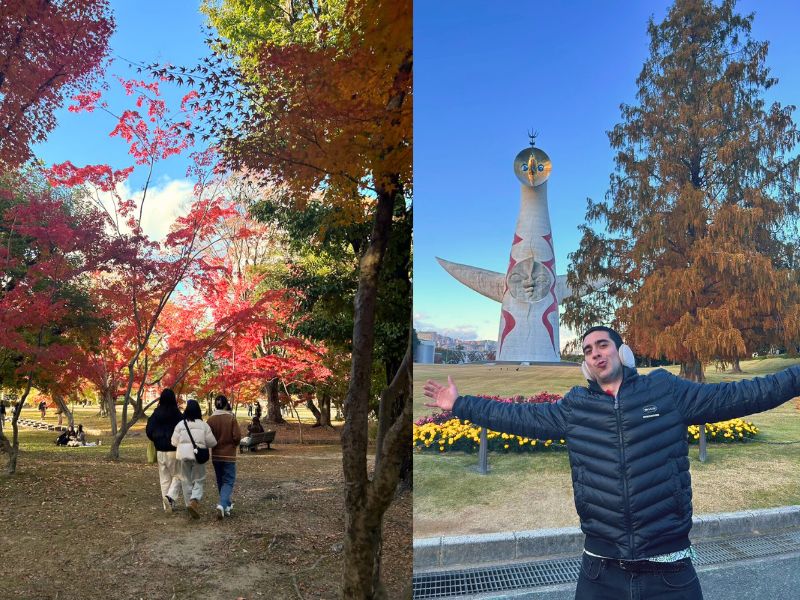
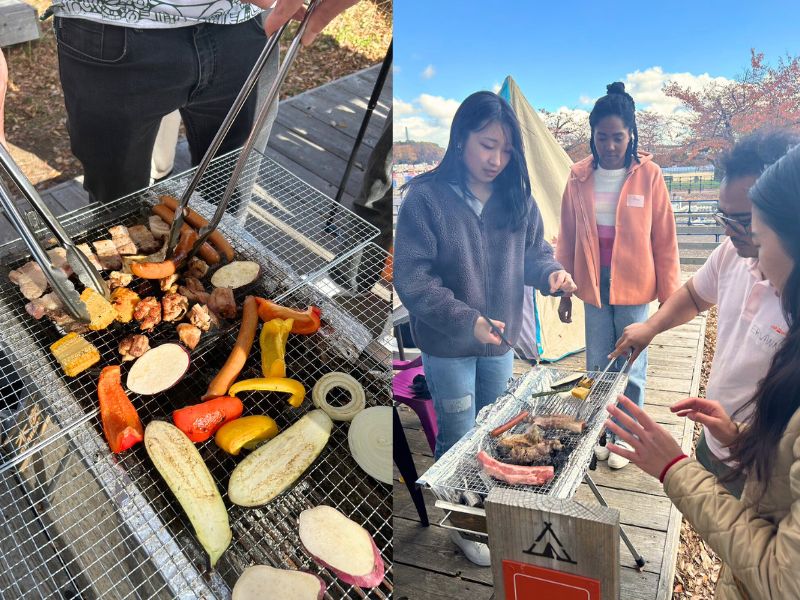 At the BBQ, while we were eating, everyone talked about what life is like in their own share houses.
At the BBQ, while we were eating, everyone talked about what life is like in their own share houses. After we finished the BBQ, we all went for a walk in the beautiful, green park to enjoy the autumn scenery.
After we finished the BBQ, we all went for a walk in the beautiful, green park to enjoy the autumn scenery.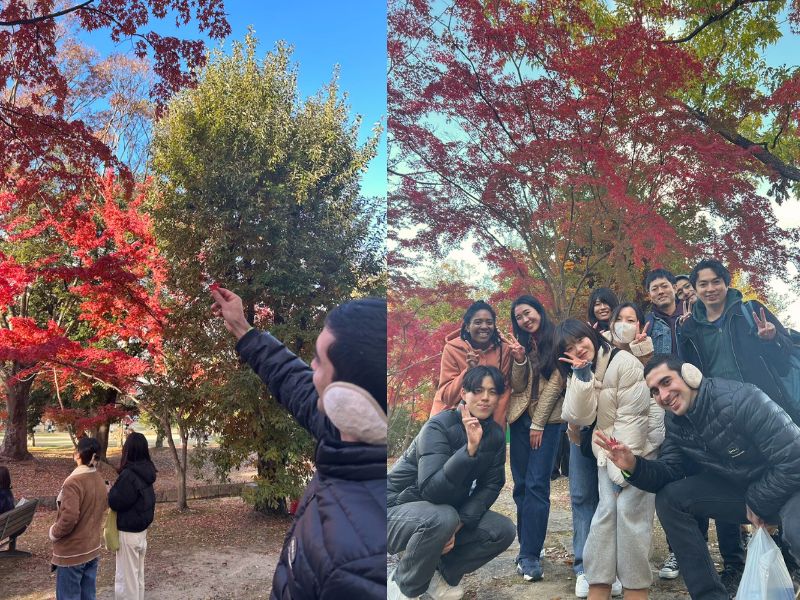


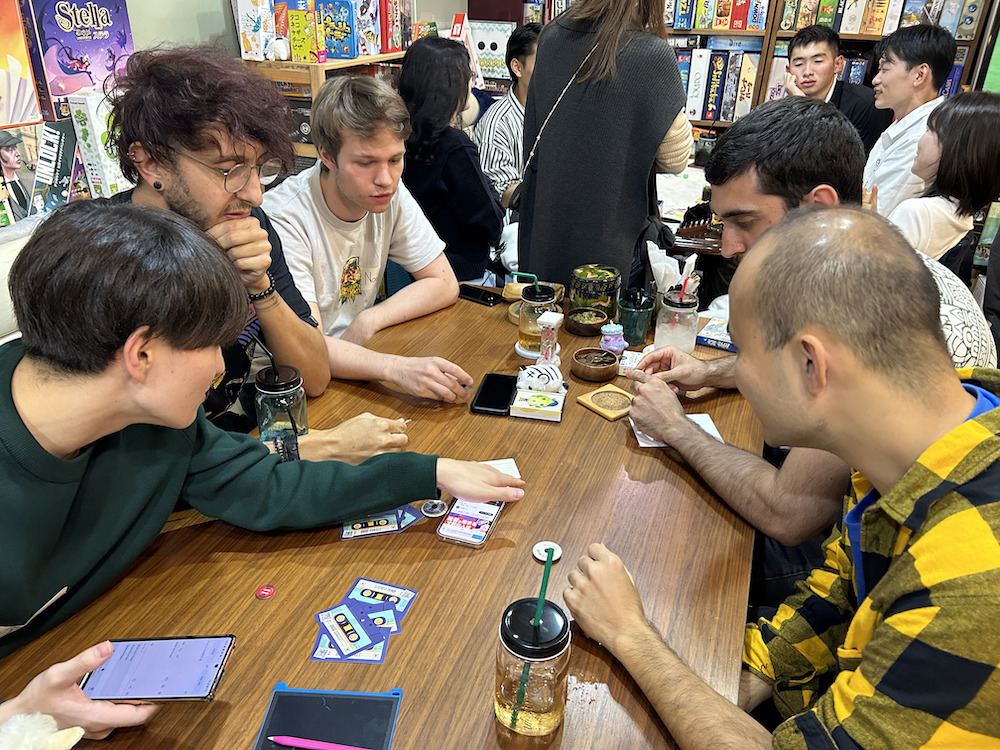


 The best part of making udon? It was stepping on the dough!
The best part of making udon? It was stepping on the dough!



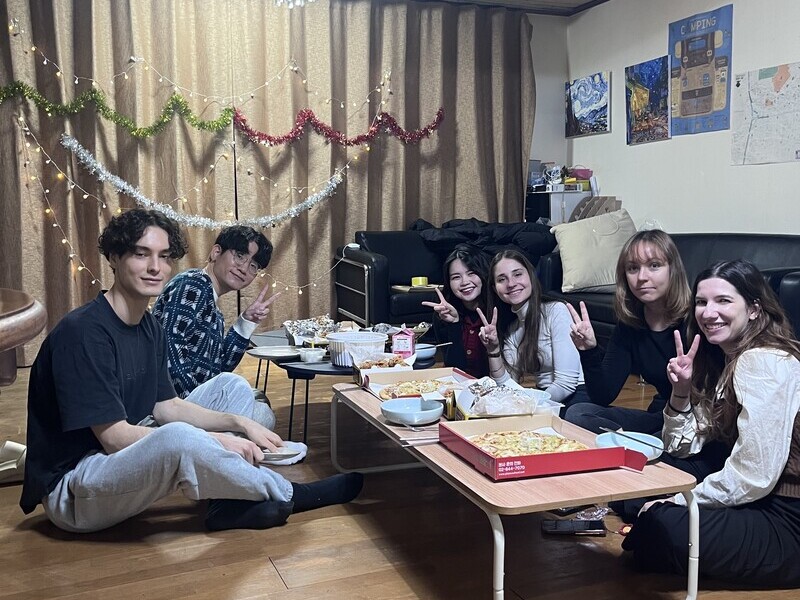

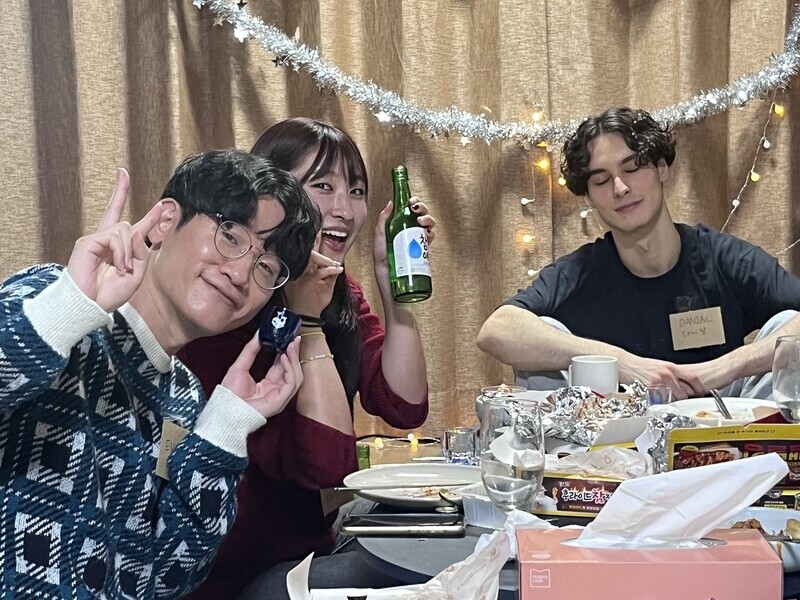

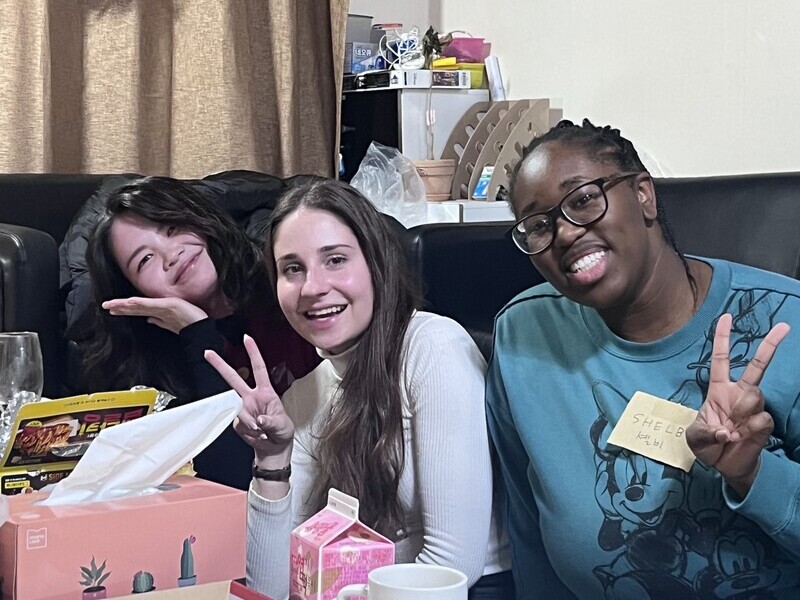

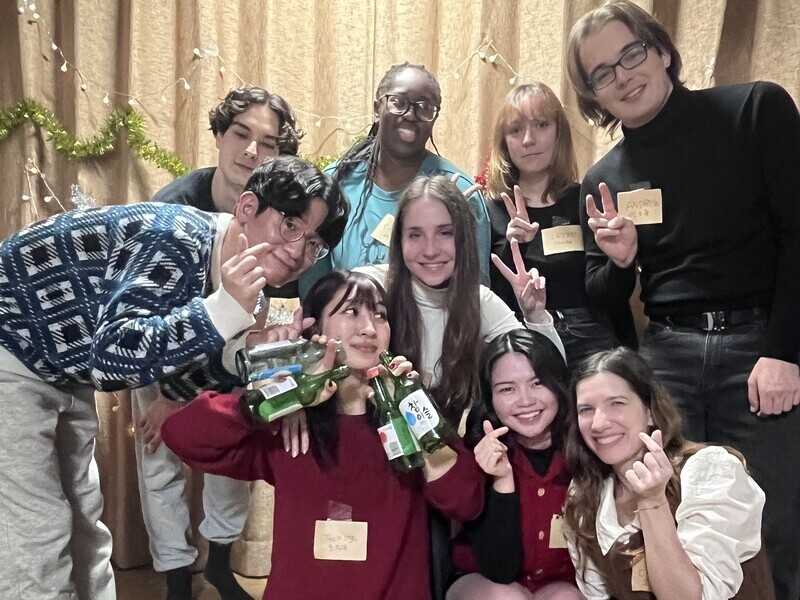














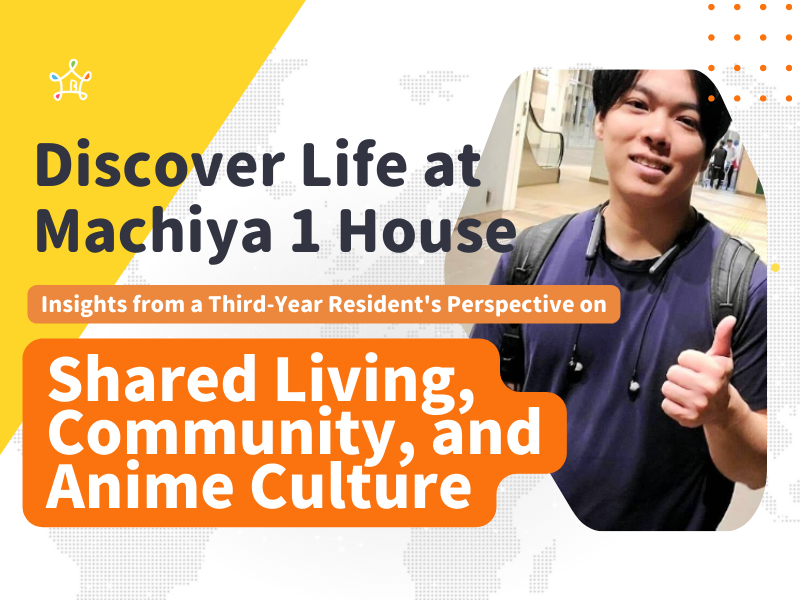

 ───Who’s currently living in Machiya 1 House?
───Who’s currently living in Machiya 1 House?
 ───What type of person would enjoy living in Machiya 1 House?
───What type of person would enjoy living in Machiya 1 House?
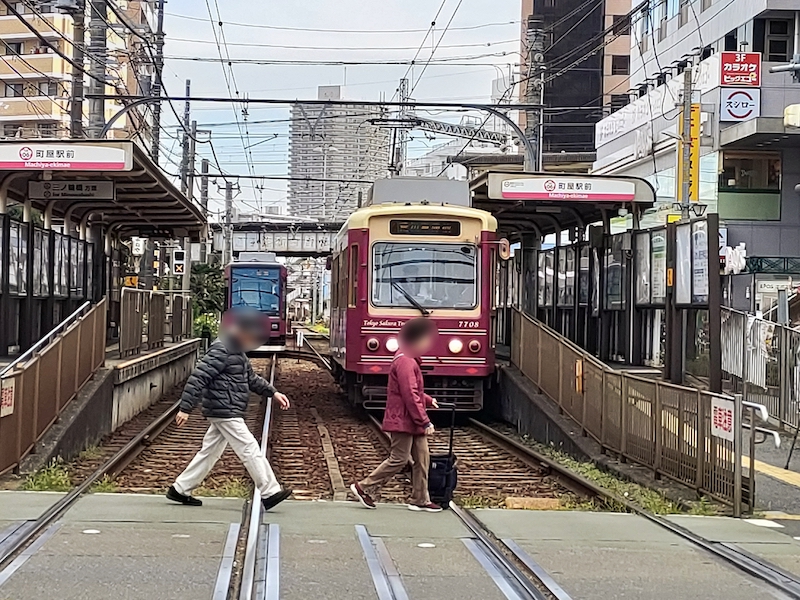
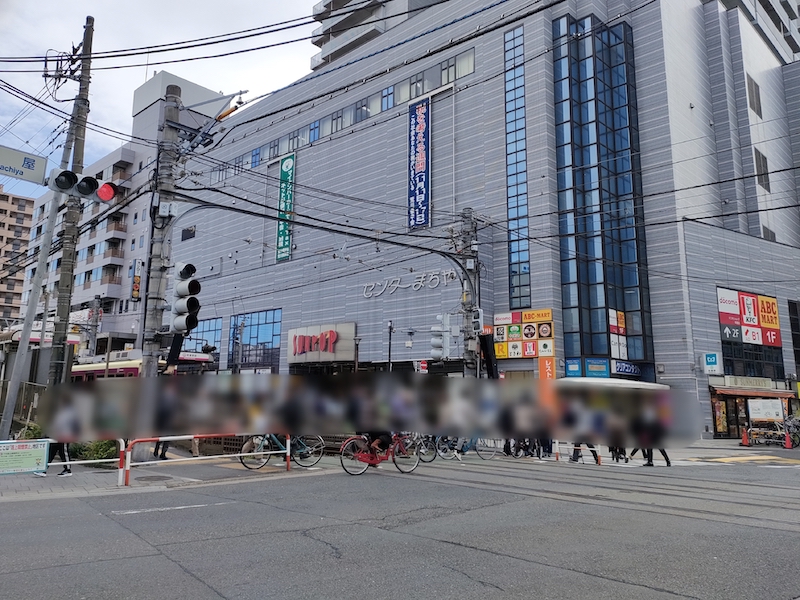
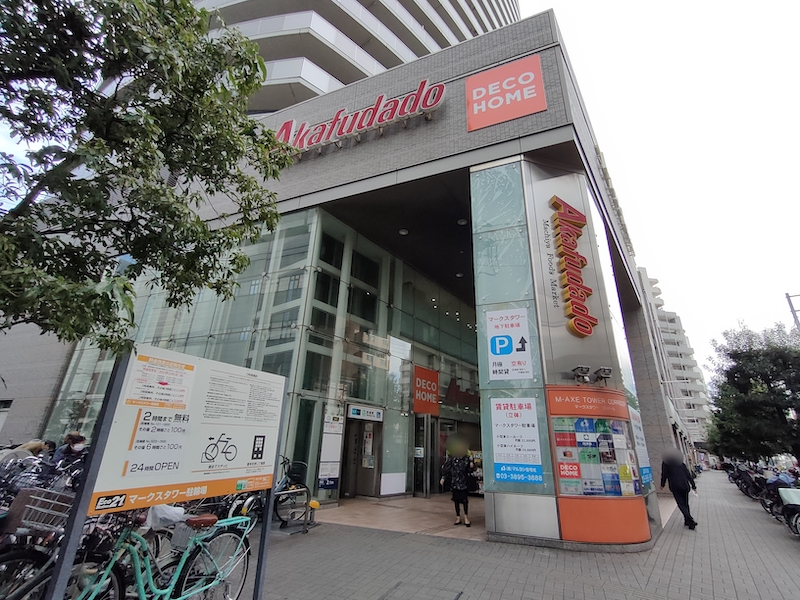
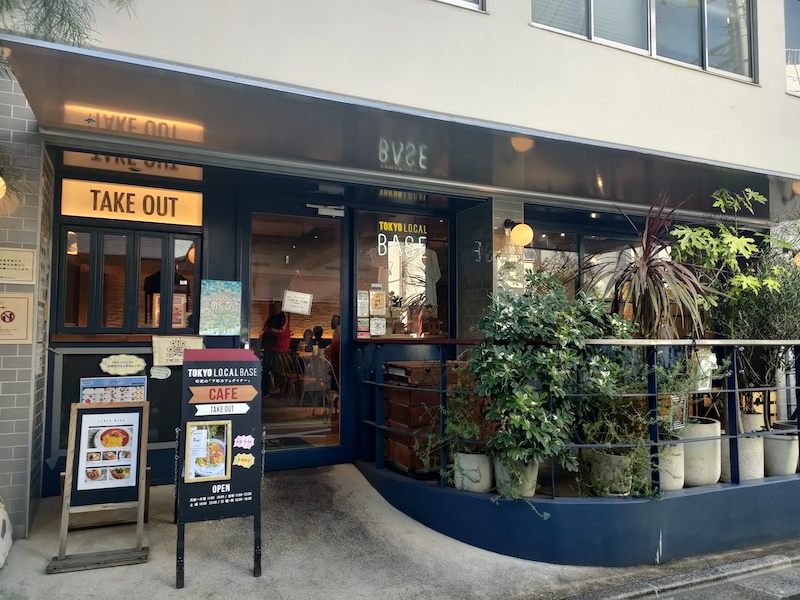 A mere 3-minute stroll from Machiya Station brings you to TOKYO L.O.C.A.L BASE, easily identifiable by its neon “CAFE” sign on a concrete facade. Located off the main street in a serene area, this trendy café offers a delightful menu, with a focus on tasty pasta dishes. When I visited during lunchtime, the place was lively with local customers, including moms with kids.
A mere 3-minute stroll from Machiya Station brings you to TOKYO L.O.C.A.L BASE, easily identifiable by its neon “CAFE” sign on a concrete facade. Located off the main street in a serene area, this trendy café offers a delightful menu, with a focus on tasty pasta dishes. When I visited during lunchtime, the place was lively with local customers, including moms with kids.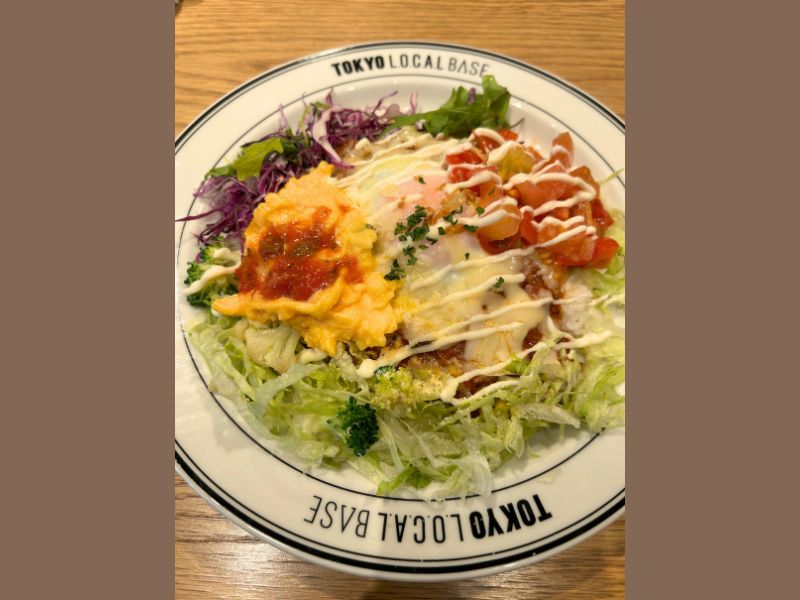
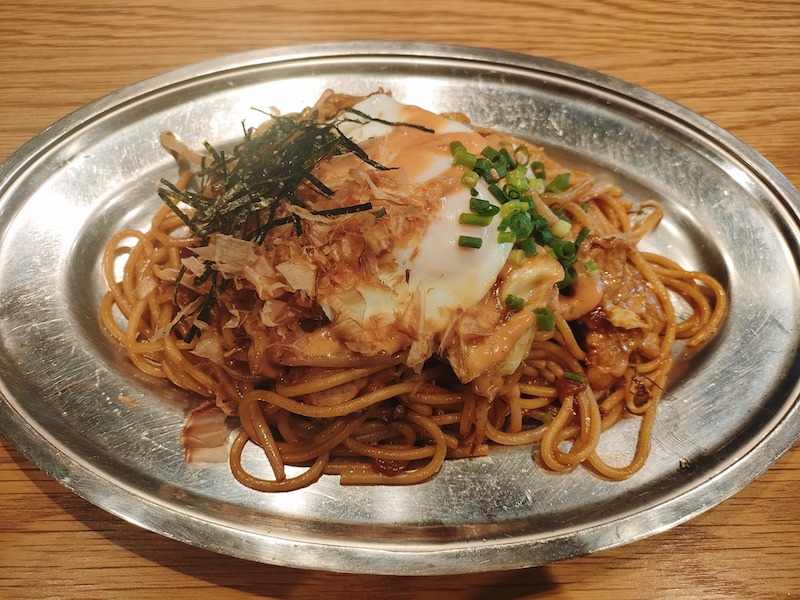
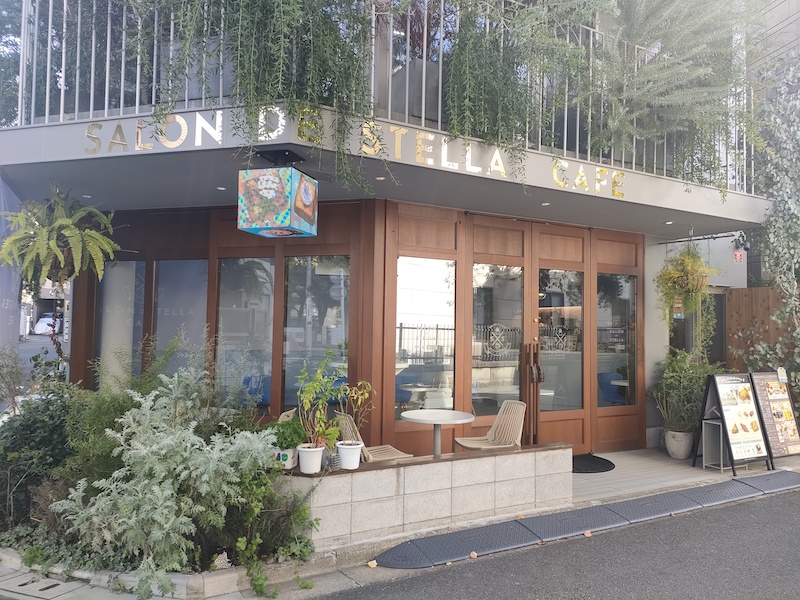
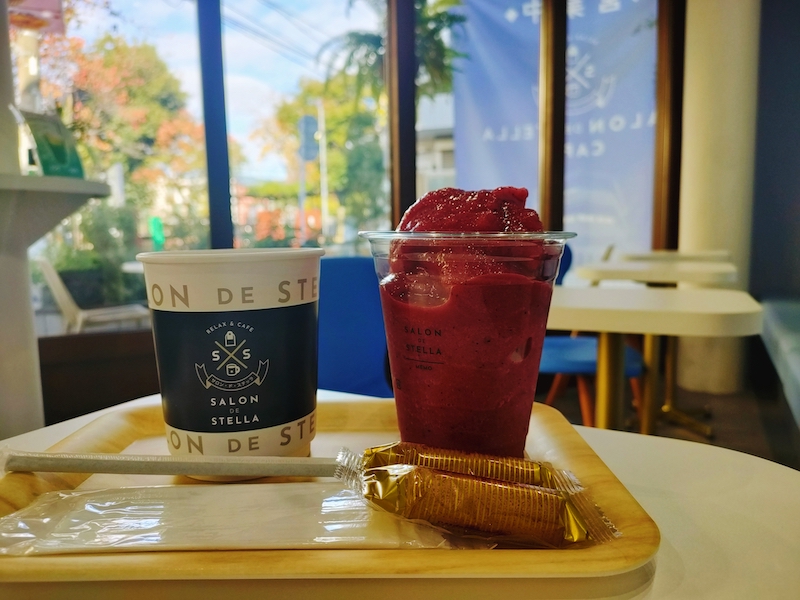 The experience was made even more delightful by the owner’s easygoing conversation. I also got to see a heartwarming interaction where boys from the nearby elementary school popped in for a quiz challenge with the owner. With its cozy atmosphere and the fact that the second floor doubles as a nail shop, it’s the kind of place where you might just find yourself staying longer than you planned.
The experience was made even more delightful by the owner’s easygoing conversation. I also got to see a heartwarming interaction where boys from the nearby elementary school popped in for a quiz challenge with the owner. With its cozy atmosphere and the fact that the second floor doubles as a nail shop, it’s the kind of place where you might just find yourself staying longer than you planned.